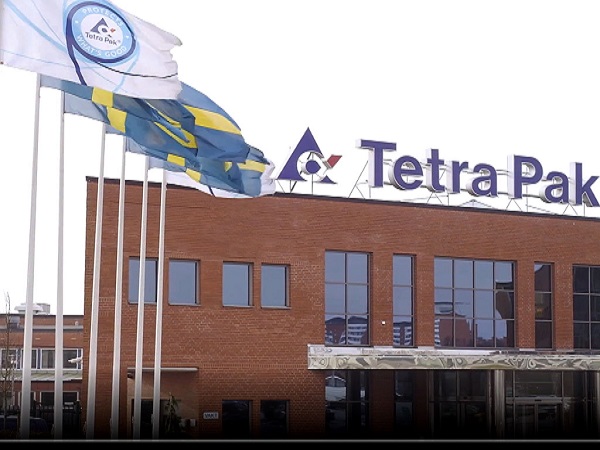The UK discards around 100 billion plastic pieces each year, much of which goes into landfill. Tetra Pak North Europe managing director Alex Henriksen emphasized the connection between politics and food packaging, stating that the partnership between politics and business is vital for sustainable food packaging production. Henriksen believes that businesses must come together to support future recycling policies and ensure adequate infrastructure for the separate collection of used packaging. Tetra Pak is working with the UK government to improve recycling collection and investing money in these efforts.
Tetra Pak is a member of the Alliance for Beverage Cartons and the Environment (ACE), an organization that provides a platform for European carton manufacturers aiming towards a circular economy. As a member of the ACE, Tetra Pak supports broader recycling initiatives and beverage cartons in a low-carbon, fully recyclable, renewable packaging format. In the UK, 97% of local authority areas collect cartons for recycling through a combination of bring back or kerbside collection, with 66% of local authorities implementing kerbside collection of carton packages.
Tetra Pak is working closely with local authorities and waste management companies to increase the rate of carton collection in the UK by further assisting in the development of recycling infrastructure. ACE UK’s dedicated recycling facility in Halifax has the capacity to recycle up to 40% of the cartons manufactured each year for the UK food and drink market. ACE is a vehicle through which Tetra Pak can ensure a collection of recyclable materials is made.
Henriksen is critical of the current recycling infrastructure in the UK, arguing that consistency of collection infrastructure is needed to boost recycling rates. He looks forward to the Government’s response to its consultation on the consistent household and business collection, which will increase current collection and recycling rates and provide the commercial rationale for greater investment in the UK’s recycling infrastructure, including carton recycling facilities.
Henriksen is a strong advocate for a greater rollout of Deposit Return Schemes (DRS) across the UK, but this was postponed until October 2025 by the UK government in Westminster. Circulatory Scotland, which was due to manage it, has since gone into administration. Some businesses have criticized the high cost of the scheme, but Henriksen stressed the benefits a DRS could offer. Henriksen suggested that the DRS should be easily understood by consumers and underpinned by the latest technology.
The growth in sustainable food packaging is driven by increasing consumer demand for the same. Henriksen points out that 68% of consumers “highly value” businesses that are attempting to provide recyclable packaging, making industry leaders innovate to keep pace with consumer expectations. For half of the consumers in the UK and Ireland, decarbonization efforts and sustainability credentials have a real bearing on purchasing decisions.
To educate the next generation of consumers on sustainable packaging choices, Tetra Pak invites school classes to compete on who knows most about sustainability and packages in general. This competition helps educate the next generation on making the right choices and ensuring they sort their products properly when they consume them.


